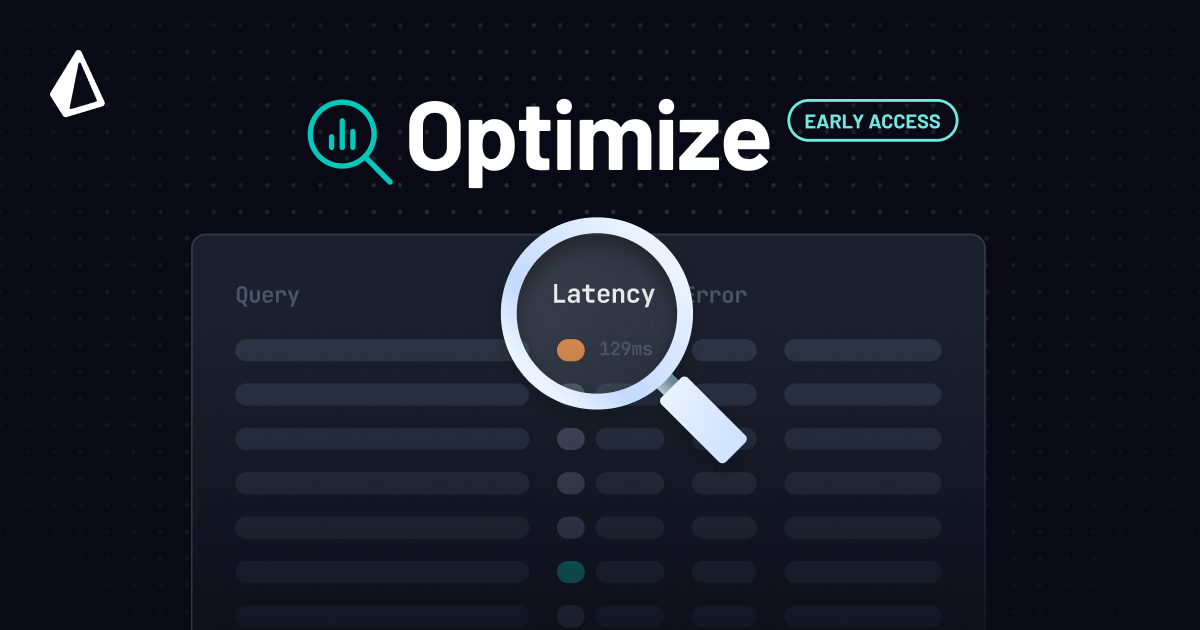Overweight/Obesity: What Does the NWCR Tell Us About Weight Loss? - Today's Dietitian Magazine
Overweight/Obesity: What Does the NWCR Tell Us About Weight Loss? By Carrie Dennett, MPH, RDN, CD Today’s Dietitian Vol. 21, No. 4, P. 12
It’s been 25 years since the founding of the National Weight Control Registry (NWCR), billed as the largest prospective investigation of long-term successful weight loss maintenance.1 To date, more than 10,000 adults have enrolled, with about 4,000 active participants at any one time. The registry’s findings are both lauded as a how-to for losing weight permanently and criticized for glorifying what may be disordered eating behaviors.
Member Demographics The NWCR demographics have shifted little since the registry’s early days, says J. Graham Thomas, PhD, an associate research professor in the Weight Control & Diabetes Research Center at Brown University in Providence, Rhode Island. The average participant is in his or her mid to late 40s, and nearly one-half lost weight on their own, while the rest enlisted help from a doctor, nutritionist, or commercial weight loss program.2 Almost all participants report they restricted their food intake and increased physical activity to lose weight.1,2
Although participants have lost an average of 66 lbs and maintained the loss for an average of 5.5 years, to enroll, they need to have lost 30 lbs and maintained that loss for a year.1 While this timeline is consistent with criteria set by the Institute of Medicine,2 some experts believe it’s controversial.






















